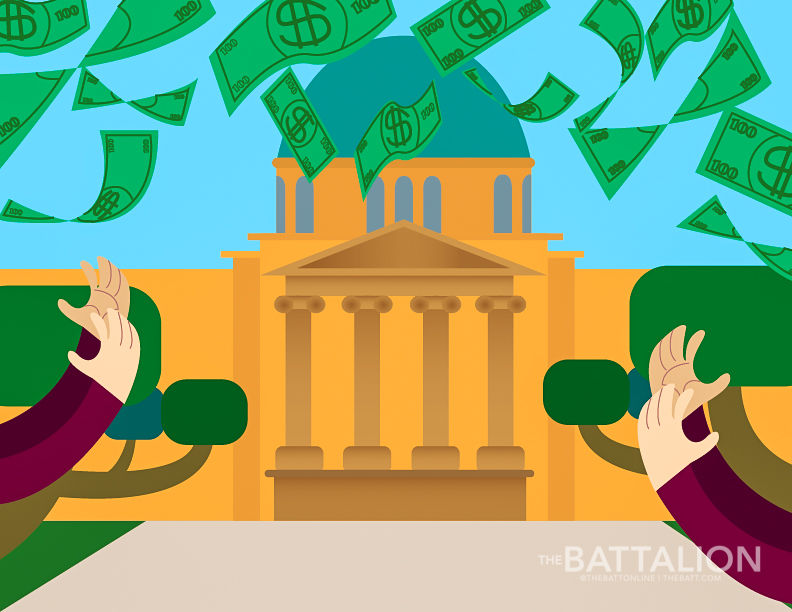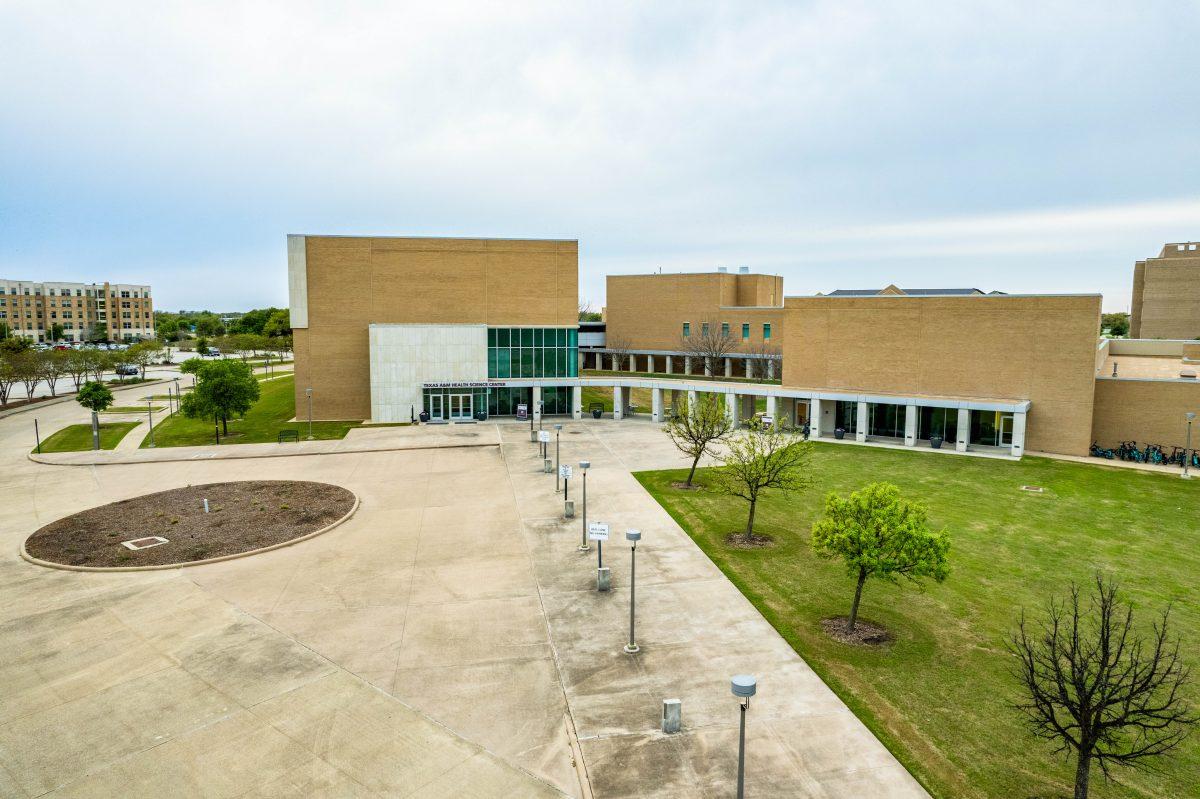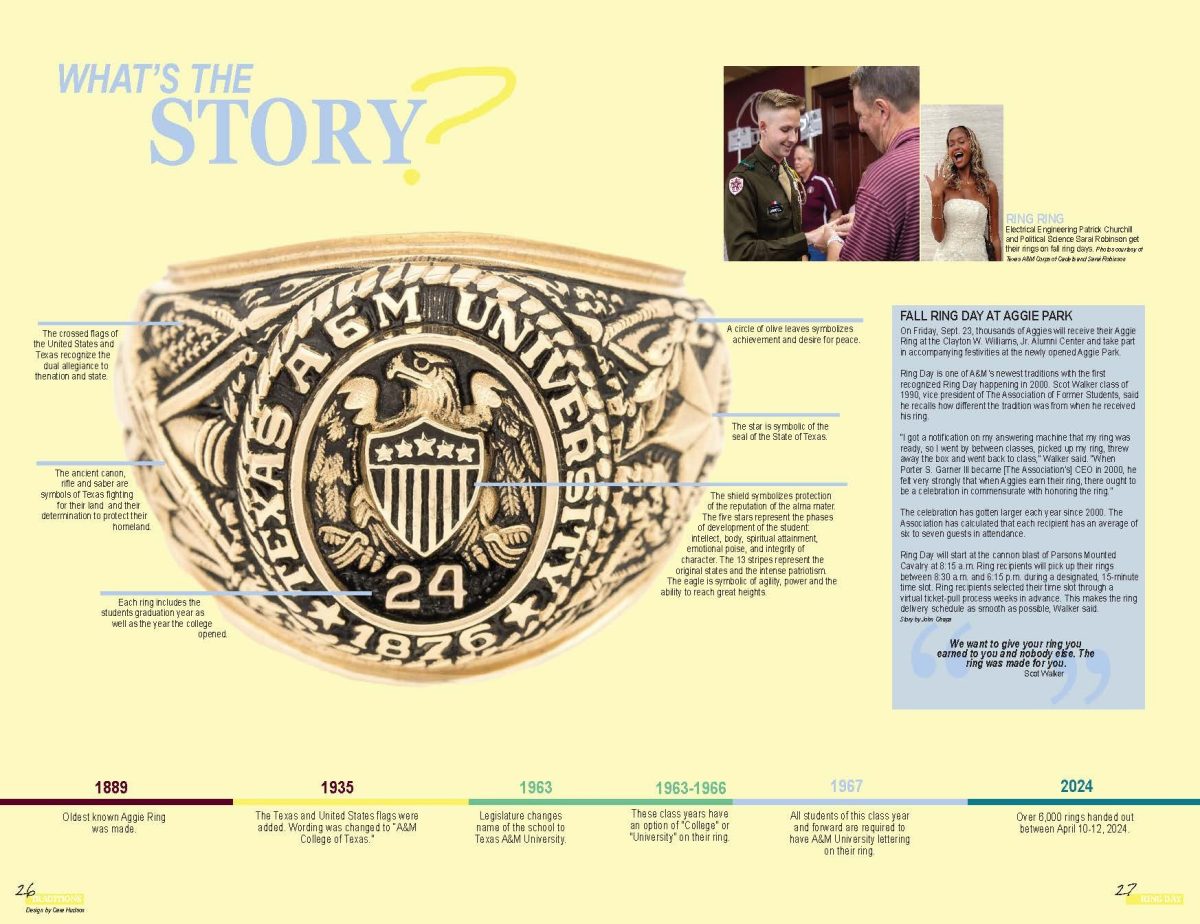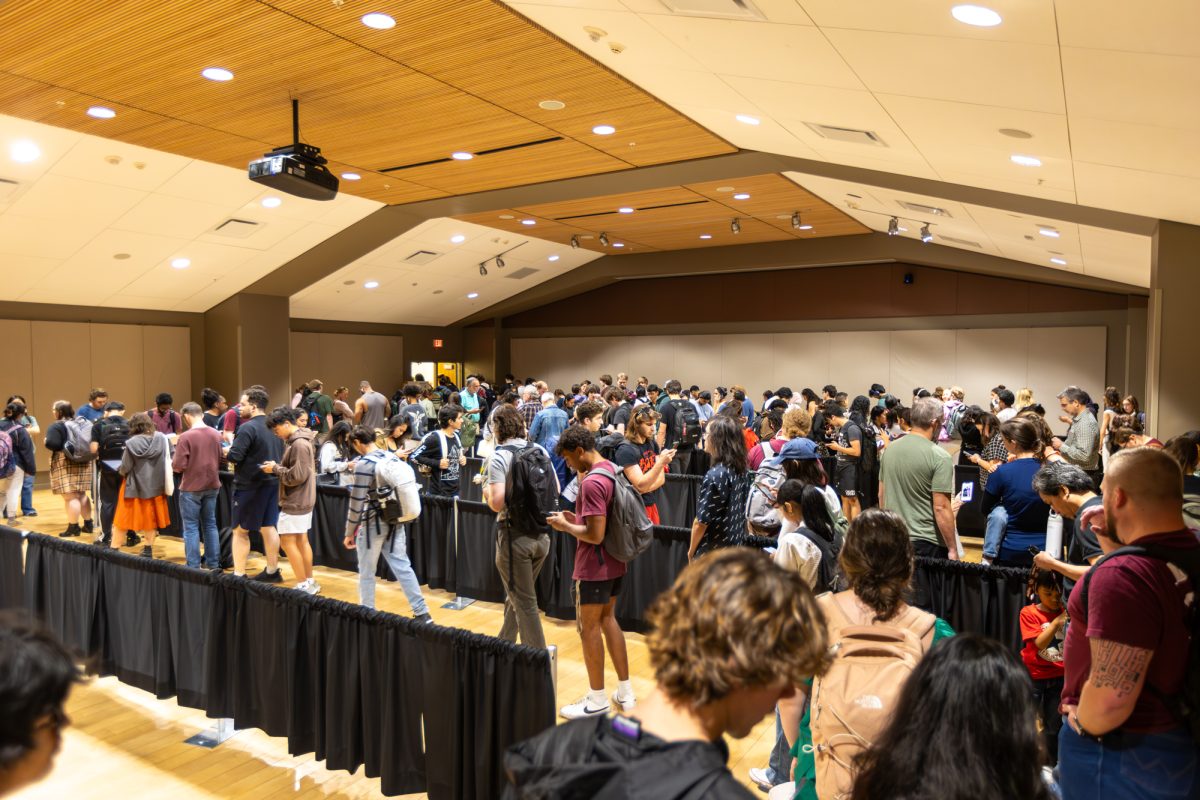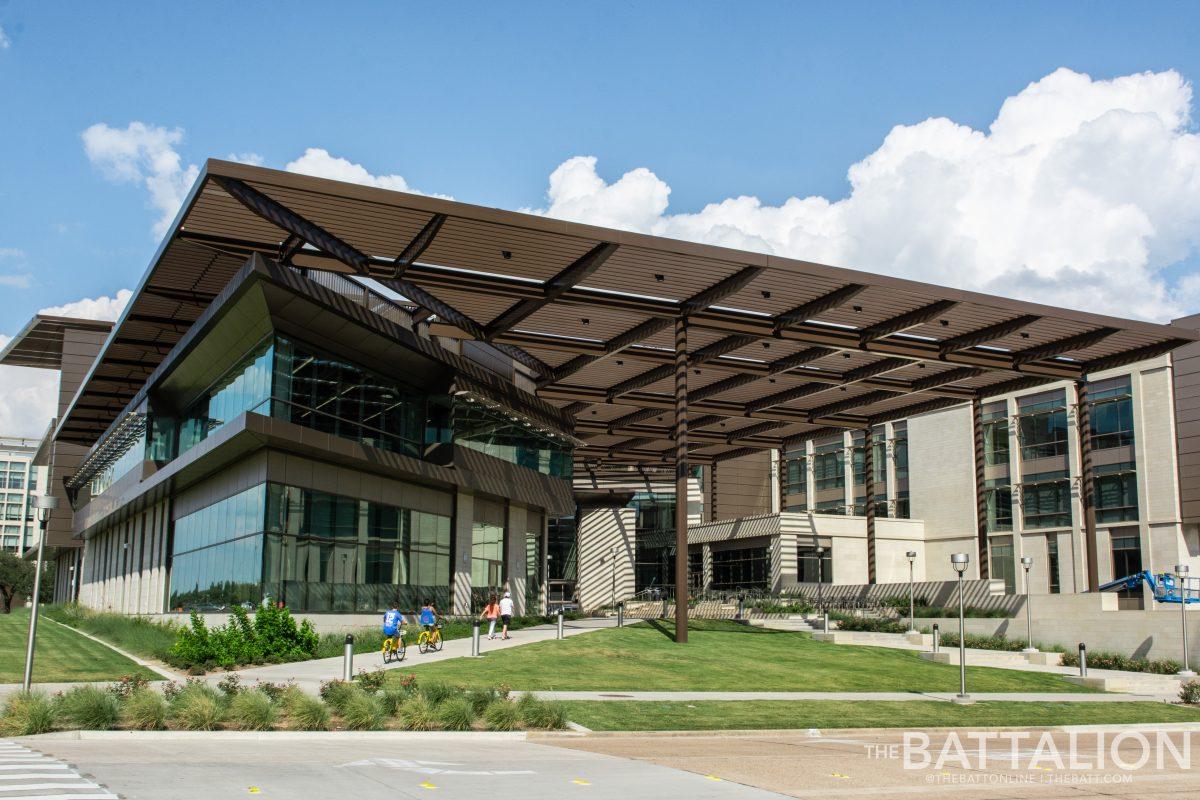Recent media coverage has brought attention to a significant debate about higher education, raising the question: Is college a scam?
Public figures like Charlie Kirk and Ben Shapiro argue that for many careers, a college degree is unnecessary, and the costs — including years of coursework and often up to thousands of dollars — far outweigh the benefits. They point to alternative paths that may better serve students’ financial and professional goals, such as enrolling in trade school. From 2019 to 2022, colleges nationwide saw an 8% drop in enrollment.
But the debate depends heavily on individual circumstances, according to Jonathan Meer, an economics professor and research associate at the National Bureau of Economic Research.
“To suggest that everyone fits in the same box is a really misguided way of looking at it,” Meer said. “If you are a strong student who is well prepared, ambitious and ready for college, it is an excellent investment.”
Meer said one of the biggest issues is the high number of people who start college but don’t complete a degree. He suggests the problem could be addressed by concentrating on which professions should actually require a college education.
“There are certain skills that are really valuable, that are difficult to acquire or signal, except through higher education,” Meer said. “But we need to be more thoughtful about who has to go to college.”
Many of the issues in higher education could be addressed through reforms in K-12 education aimed at better preparing students to enter the workforce directly after high school rather than pushing them toward attending college, Meer said.
But despite education’s overarching issues, he said the opportunity cost — what is lost when a person chooses one option over the other — of spending years pursuing a bachelor’s degree is low.
“This is the time of your life to take risks,” Meer said.
The college price crisis is also not as large an issue as it seems, he said. The average federal student loan debt a college graduate holds is $37,853 in the U.S., much larger than A&M’s $25,305, according to university statistics of the 2022-23 academic year.
“The list price of college has gone way up in the last 20-30 years, but the net price of tuition on average has stayed pretty stable,” Meer said. “Most people don’t borrow or borrow very little for college.”
Economics senior Aidan Valdez agreed with Meer and said the risks depend on an individual’s selected major and the job opportunities available after graduation.
“In terms of engineers and business majors, it’s a lot easier to go through that risk knowing they are probably going to have a six-figure job,” Valdez said.
For Valdez, college did not meet some of his expectations but exceeded others — especially regarding opportunities in programs Texas A&M excels at, like engineering and agriculture. But to him, some of what students learn is largely unnecessary. While he may have considered alternate paths had the option been more readily available after high school, his college experience has ultimately shaped his future positively, he said.
“I don’t think [college] is not worth it, but I don’t think it’s essential for everyone,” Valdez said. “Different people do different things. You should choose the path that best suits you as a person.”



